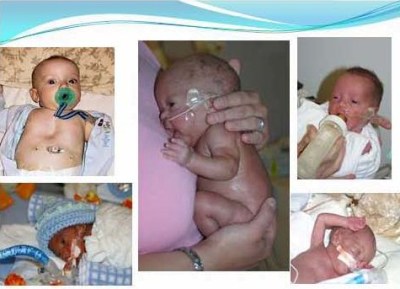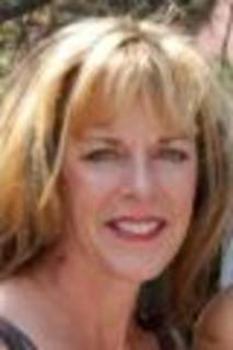This article is a written transcript of the course, “Pediatric Medical Speech Pathology – NICU: The New Frontier”, presented by Kay Thurston, M.S., CCC-SLP on July 11, 2011.
>> Amy Hansen: Good afternoon, everyone. Welcome to today's Expert e-Seminar, “Pediatric Medical Speech Pathology - NICU: the New Frontier” presented today by Kay Thurston. Kay is a pediatric speech-language pathologist with over 25 years of experience. She's worked in a variety of clinical settings including public schools, private practice, home care, outpatient pediatric clinics and hospitals. For the past 15 years Kay has worked for Children's Hospital in Colorado where she helped develop and implement their feeding program. For the past 11 years Kay has worked in the neonatal intensive care unit. She has presented throughout the state of Colorado on topics of oral motor feeding development, swallowing development, infant feeding assessment and feeding the fragile infant. She developed an evidence-based collaborative approach to feeding in the NICU at both the ASHA Convention in 2010 and the National Association of Neonatal Therapist Conference in 2011. So welcome, Kay, and thank you so much for sharing your expertise with us today.
>> Kay Thurston: Thank you, Amy. Good morning, everyone. First of all I would really love to know how many of you are currently working in a pediatric medical setting - if you could raise your hands so I kind of have an idea of some of the background. I see it looks like several people work in a pediatric medical setting. How many of you currently work or provide services in the NICU or neonatal intensive care unit? Okay. A couple of you do. Great. Well, welcome. Well, as Amy mentioned I do work for a hospital in a pediatric medical setting. Every hospital is different. At my hospital, Memorial Children's Hospital in Colorado Springs, I'm a member of the inpatient pediatric rehab team. In the neonatal intensive care unit we're considered the developmental care team. It's made of occupational therapists, speech-language pathologists and physical therapists. This talk came about because I have been approached in the last two years by numerous people that are trying to figure out how to get the training to work in the NICU, exactly what goes on in the NICU and what a speech pathologist does. I have been approached by young grads as well as graduate students trying to find more information.
The NICU
The NICU has been considered a closed or advanced practice area and I know that our hospital, until this last year, really did not offer clinical internships for graduate students in the NICU. It was considered a high risk environment. A graduate student doing an internship with us might, if they were a phenomenal student, be offered the opportunity to go in and just observe at the very end of a successful internship and that's something that we are working on diligently to create a medical internship availability for graduate students that would be predominantly in the NICU.

Our new director feels that we need to train our replacements and I certainly would like to retire someday so that is where we're headed. That is how this started.
Today’s Objectives
The objectives today:
- I would really like to quickly review the traditional areas of practice for the pediatric medical speech pathologist. What the role of the speech pathologist is in those areas, skills and knowledge base.
- Discuss the new frontier. So the neonatal speech unit and the skills and knowledge base required to practice successfully.
- A quick review of what I consider to be just exactly the basic information that you must be proficient in prior to entering into working in those areas.
- Then finally, a review of resources for people who are really wanting to move into the NICU. So that's what we would like to cover.

